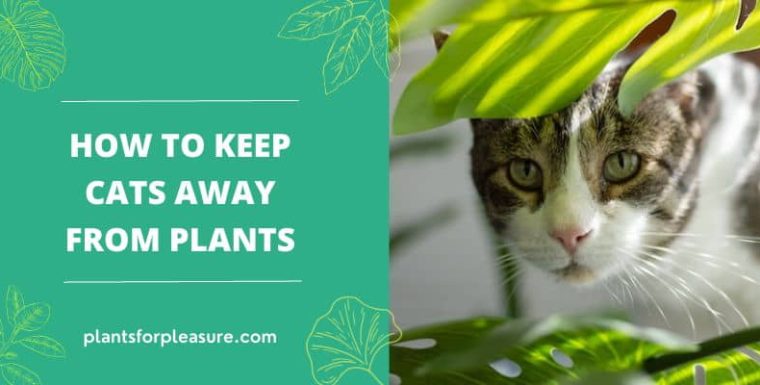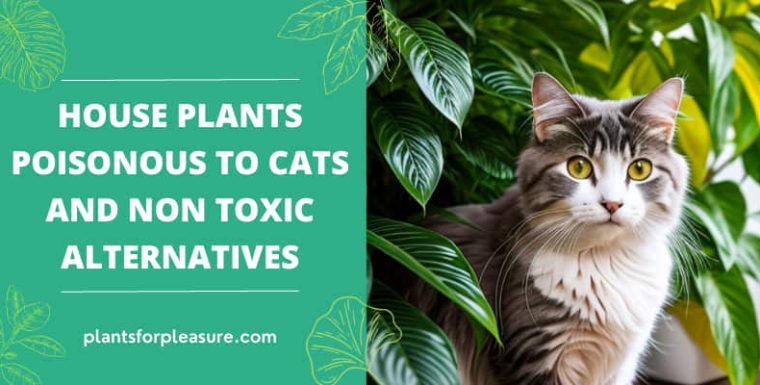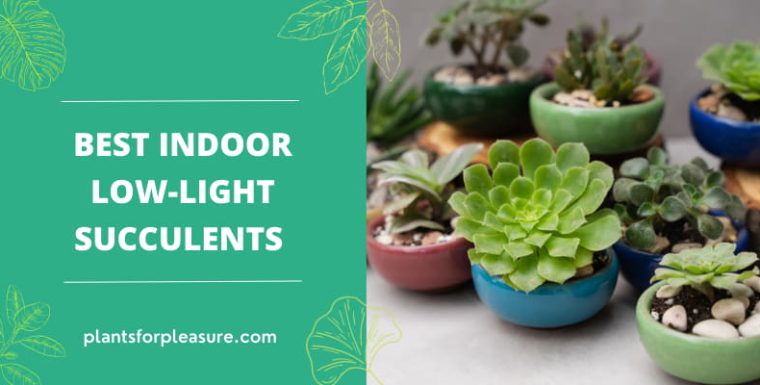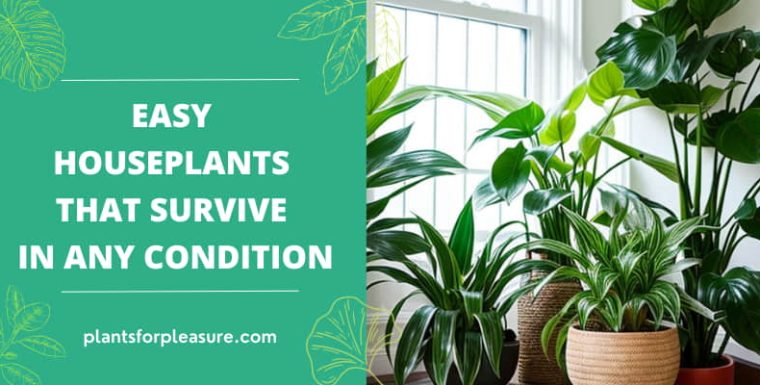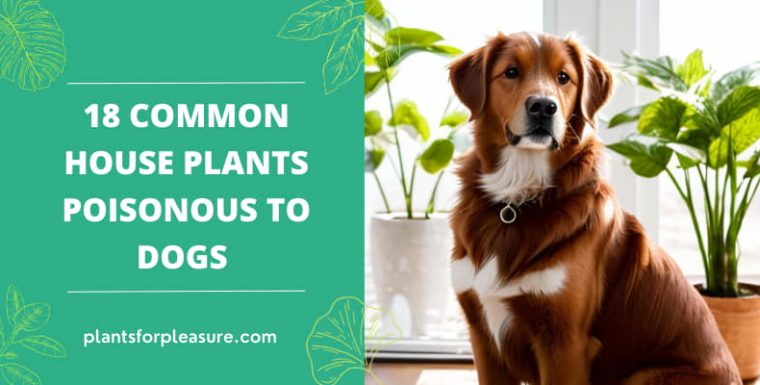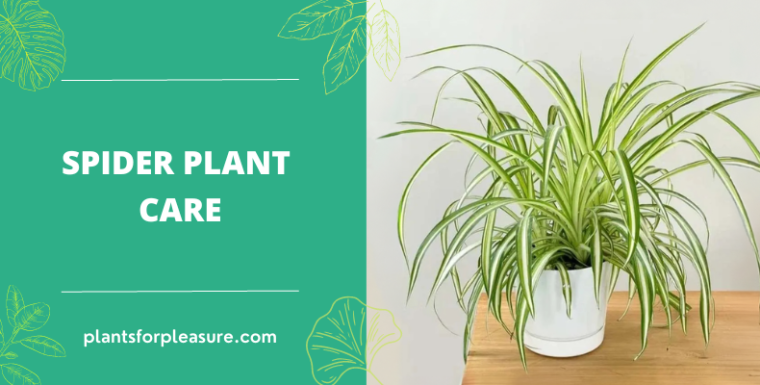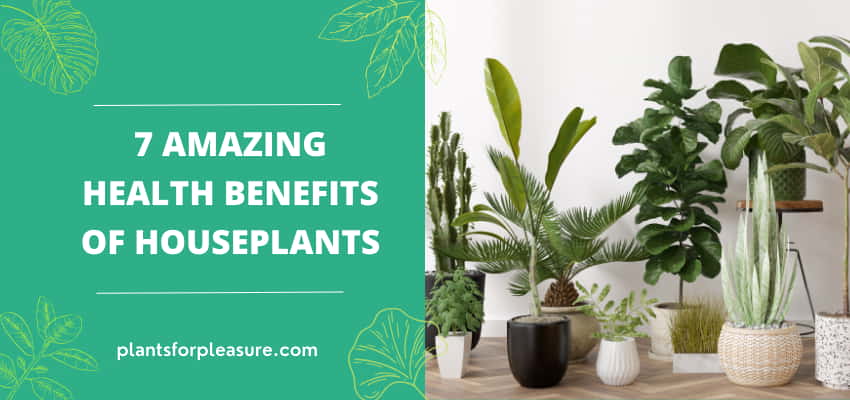
Have you seen an average house look marvelous from the inside just because of the added greenery? Do you know that 66% of Americans have at least one houseplant in their home? Indoor plants made their way into our interior design, and that’s not just because they are pretty.
There are some amazing health benefits of houseplants that make them a must-have in your house! From helping you sleep better to even increasing your average lifespan, houseplants have a lot more to them than what appears on the outlook.
So, continue reading and discover the most profound benefits of indoor plants that’ll make you want to get one instantly!
Top 7 Health Benefits of Houseplants
1. Speedy Recovery from Surgery

Sprucing up the indoors with greens contributes to the beautiful aura and aesthetic sense and is directly related to your health and well-being.
Various studies and research conducted to determine the relationship between indoor plants and human health suggest that indoor plants kept at individual homes and healthcare units positively impact patients’ health, especially those recovering from surgery.
A randomized clinical trial carried out by Seong-Hyun Park and Richard H. Mattson, researchers from the Department of Horticulture, Recreation, and Forestry at Kansas State University, confirms the therapeutic influences of plants on surgical patients in hospital rooms.
Ninety patients recovering from an appendectomy were randomly allocated hospital rooms with or without plants during their recovery periods. Those with plants in their rooms showed more positive physiological responses backed by lower systolic blood pressure, heart rate, less pain medication, fatigue, and anxiety. Patients with plants had an overall positive and greater satisfaction than their counterparts without plants in their rooms.
A similar study carried out on patients recovering from a hemorrhoidectomy showed identical results. It confirmed the therapeutic influence of plants as a non-pharmacological, noninvasive, and effective cure for surgical patients.
2. Boost Productivity and Concentration

Being surrounded by plants helps you to concentrate better at home and in the workplace. Studies have found that work done under indoor plants’ natural and calming influence is often high-quality and displays greater accuracy. The natural environment provided by the ornamental plants can improve memory retention and attention period by twenty percent.
A study was carried out to determine the physiological and psychological benefits of foliage plants in an elementary school using four different visual stimuli: an actual plant, an artificial plant, a photograph of a plant, and no plant. Living plants were associated with improvements in the attention, concentration, and productivity of the students.
Another study estimated the relation of plants and several workplace factors with perceived stress, sick leave, and productivity.
3. Dramatically Enhance Indoor Air Quality
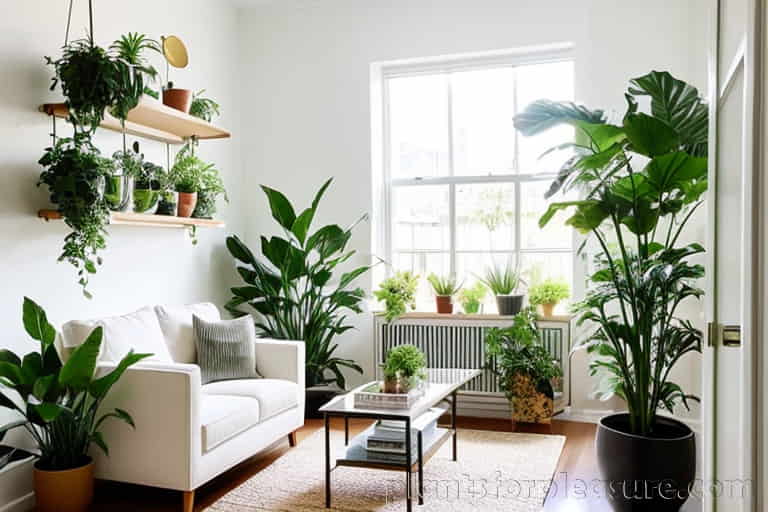
Studies have shown that potted plants can reduce the concentration of airborne volatile organic compounds (VOC) in closed chambers over a period of many hours or days.
Reduce indoor pollutant levels
NASA’s extensive research with foliage houseplants provides strong evidence that suggests potted plants can significantly help improve air quality. Both plant leaves and roots play a vital role in removing air pollutants inside tightly sealed buildings.
Plant leaves help remove low concentrations of toxic chemicals such as carbon monoxide and formaldehyde from indoor setups, whereas removing higher levels of harmful chemicals requires filtering indoor air through the plant roots. The activated carbon surrounding the plants’ roots absorbs enormous poisonous chemicals. The chemicals are retained until the plant roots and neighboring microorganisms degrade them.
A study was conducted to investigate plants’ ability to improve indoor air quality in schools. Classrooms with plants contained lesser amounts of carbon dioxide (CO₂), carbon monoxide (CO), concentrations of volatile organic compounds (VOC), carbonyl, and particulate matter (PM₁₀) than those without plants. Therefore, the findings of this research support NASA studies that plants purify indoor air.
Reduce dust and increase humidity
Studies conducted in a computer lab and a small office at Washington State University confirm the use of indoor plants to reduce the presence of particulate matter and increase humidity in the surrounding air. Studies showed reduced dust levels by as much as 20% in rooms with plants.
Low levels of humidity can have disastrous consequences on your health. Therefore, it is imperative to maintain adequate humidity levels. Indoor plants can influence the moisture of the air by evapotranspiration. Spider plants that transpire during the daytime due to their C3 photosynthetic pathway contribute to maintaining indoor humidity levels.
4. Relieve Stress and Relax Deeply
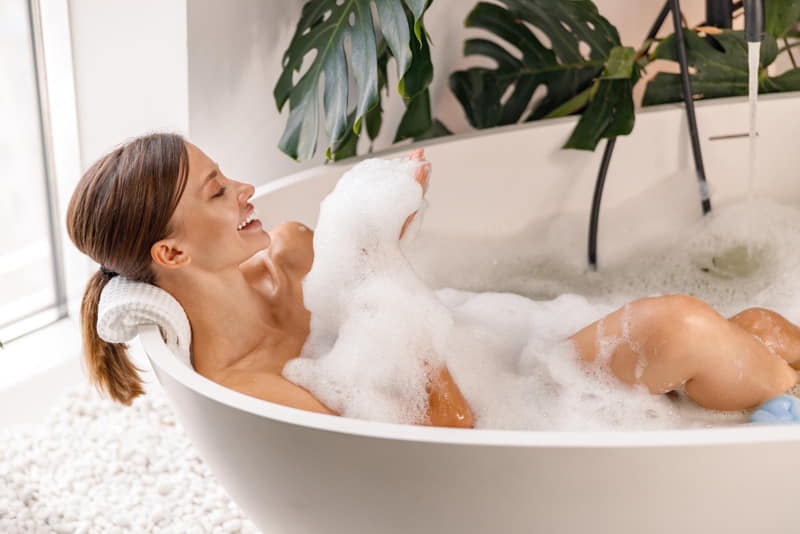
Houseplants act as the ultimate stress reliever and can reduce tension in people by almost forty percent. Nurturing and looking after the plants as they grow can help decrease stress levels and anxiety.
A study published in the Journal of Physiological Anthropology showed that active interaction with indoor plants helps to reduce psychological and physiological stress and boosts your mood.
Household plants present with physical and mental benefits by suppressing sympathetic nervous system activity and lowering diastolic blood pressure, promoting a more relaxed and soothed state of mind.
5. Decrease Early Mortality Rate
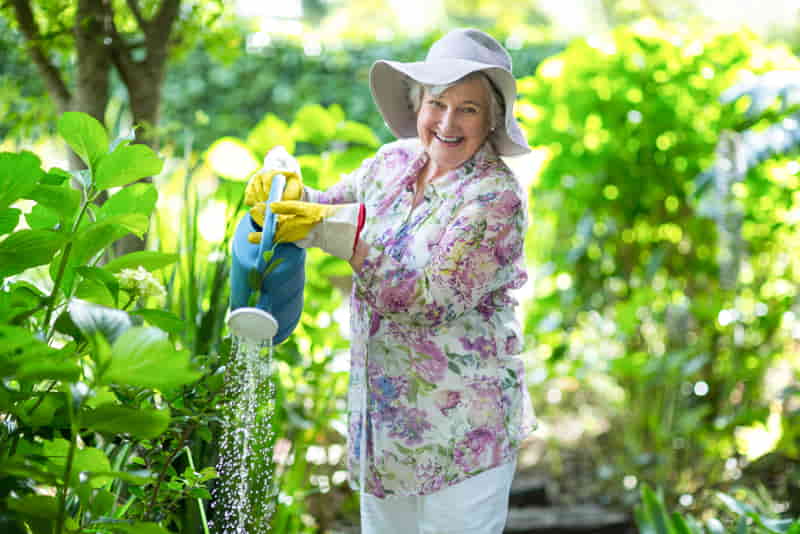
A study from Harvard T.H. Chan School of Public Health and Brigham and Women’s Hospital (BWH) suggests that women living in homes surrounded by greenery appear to have mortality rates 12% lower than those living in a non-green environment.
Improved mental health, physical health, lower levels of depression and anxiety, and a clean atmosphere due to reduced air pollution are possible reasons that link mortality rates and greenery.
There is also enough evidence to suggest a 34% lower rate of respiratory disease-related mortality and a 13% lower cancer mortality rate in women living in vegetation-surrounded homes than those with less green homes.
6. Ramp Up the Sleep Quality

Studies showed that edible plants and a light environment improved emotional well-being and sleep efficiency in a long-duration isolated environment. While strawberries helped to improve the emotional state, the use of coriander reduced sleep latency and REM latency, making people fall asleep rapidly. There were also synergistic effects of plants in the light environment on sleep quality.
7. Help Bring Jubilation and Reduce Depression

People have become increasingly disconnected from nature, with four in five Americans living in urban areas. There is a variety of benefits houseplants offer. Bringing plants into your home can do wonders for your well-being, from improving mental health to giving rise to a sense of happiness.
The presence of indoor plants with flowers around your home or office can significantly reduce stress levels, and lighten up your mood. It helps you achieve a positive outlook on your life, making you feel happier and more relaxed.
Studies have found that people who like to spend more time around plants tend to have better relations with others due to increased levels of compassion.
Indoor gardening can act as a therapeutic tool to overcome past traumatic experiences and lead a happy life. Growing indoor plants may reduce psychological stress and accelerate their healing process.
According to researchers from Bristol University and University College London, friendly bacteria found in soil can affect the brain similarly to antidepressants. The bacteria work by stimulating the brain cells to release the brain chemical serotonin.
Low serotonin levels give rise to several disorders, including anxiety, depression, bipolar disorder, obsessive-compulsive disorder (OCD), irritable bowel syndrome, and fibromyalgia. This makes immune balance necessary to avoid mood disorders like depression.
The Bottom Line
We’ve seen how tiny houseplants can benefit your health in a multitude of ways. They can help you achieve the things you might have spent hundreds of dollars on, like improving indoor air quality and relieving stress.
You can get the right house plants instead of heavy devices like a humidifier, air purifier, and tools to boost productivity. They’ll do the job of all these machines, while also keeping your house aesthetic and all-natural. Staying free of chemicals is a big thing in these times!
So, has your stance changed about getting houseplants? If so, which one do you plan on getting? Let us know in the comment section below!
FAQs
Do Houseplants Increase Oxygen Levels?
Houseplants increase oxygen levels indoors through de novo synthesis of the gas via photosynthesis. Rewind to grade 10 science where we learned how plants use sunlight to generate food for themselves, releasing oxygen gas as a byproduct in the process.
Moreover, plants also take in carbon dioxide during the daytime in addition to releasing oxygen at night. As a general rule of thumb, an average-sized plant leaf can produce about 5ml of oxygen per hour.
Do Indoor Plants Increase Humidity?
Indoor plants tend to increase humidity through the vapors they release from their leaves. This process is known as transpiration. Excess water makes its way through the roots all the way to the leaves, where it exits the leaf through small pores called the stomata.
This water vapor quickly makes its way into the air via evaporation This entire process is collectively known as evapotranspiration. However, keeping your houseplants next to a window or in a well-ventilated place will prevent the indoors from becoming too humid.

Author
Susan is a plant lover with over 10 years of experience caring for houseplants. She enjoys watching her plants thrive and sharing her knowledge with others. As the writer for this website, Susan offers simple, practical tips to help readers grow happy and healthy plants.

